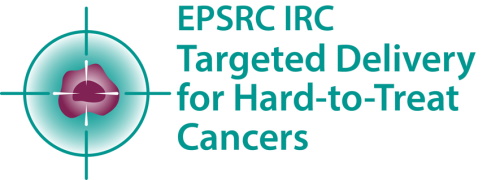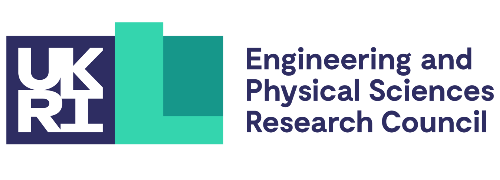The IRC is creating novel, high capacity nanoparticular delivery vehicles with targeting capabilities. This requires identifying, designing and developing optimal carrier materials with outstanding capacity and then modifying their external surface chemistry to improve efficacy and targeting capabilities.
These nanoparticle carriers, including MOFs (metal-organic frameworks) can then be used to encapsulate and deliver hydrophobic drugs. Our research programme leverages recent progress in the design and synthesis of advanced hybrid materials to create novel, high capacity delivery vehicles with targeting capabilities to get drugs to exactly where they need to be for optimum effect. The IRC will advance their capacity to encapsulate difficult, hydrophobic drugs as well as macromolecules such as siRNAs (small interfering RNA), small mRNAs (messenger ribonucleic acid) and inhibitor peptides by using porous supramolecular materials such as MOFs and organic cages.
MOFs and other vehicles, synthesised from metal or organic units bridged by organic linkers, offer the possibility to tune the host-drug interaction by functionalising the building blocks with specific chemical groups.
These vehicles offer exceptionally high surface areas and extremely high capacities for drugs while systems with biocompatible metals exhibit no toxicity. Particle sizes are limited to <200nm to ensure free circulation within the smallest capillaries with minimal aggregation. Control of the drug release process will be achieved using pH responsive polymers grafted post-synthetically on the external surface of the vehicle core by incorporating chemically active surface units during or after synthesis. Toxicity and performance in vitro will be evaluated before moving to in vivo validation.



